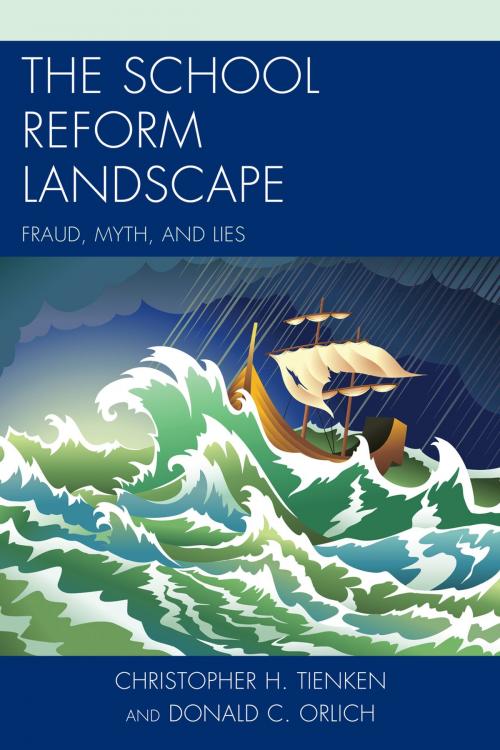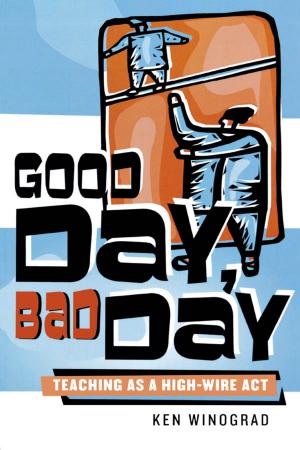The School Reform Landscape
Fraud, Myth, and Lies
Nonfiction, Reference & Language, Education & Teaching, Educational Theory, Educational Reform| Author: | Ed. H. D Tienken, Donald C. Orlich | ISBN: | 9781475802597 |
| Publisher: | R&L Education | Publication: | February 22, 2013 |
| Imprint: | R&L Education | Language: | English |
| Author: | Ed. H. D Tienken, Donald C. Orlich |
| ISBN: | 9781475802597 |
| Publisher: | R&L Education |
| Publication: | February 22, 2013 |
| Imprint: | R&L Education |
| Language: | English |
In The School Reform Landscape: Fear, Mythologies, and Lies, the authors take an in-depth and controversial look at school reform since the launch of Sputnik. They scrutinize school reform events, proposals, and policies from the last 60 years through the lens of critical social theory and examine the ongoing tensions between the need to keep a vibrant unitary system of public education and the ongoing assault by corporate and elite interests in creating a dual system. Some of events, proposals, and policies critiqued include the Sputnik myth, A Nation At Risk, No Child Left Behind, the lies of the Common Core State Standards Initiative, and other common reform schemes. The authors provide an evidence-based contrarian view of the free-market reform ideas and pierce the veil of the new reform policies to find that they are built not upon empirical evidence, but instead rest solidly on foundations of myth, fear, and lies. Ideas for a new set of reform policies, based on empirical evidence and supportive of a unitary, democratic system of education are presented.
In The School Reform Landscape: Fear, Mythologies, and Lies, the authors take an in-depth and controversial look at school reform since the launch of Sputnik. They scrutinize school reform events, proposals, and policies from the last 60 years through the lens of critical social theory and examine the ongoing tensions between the need to keep a vibrant unitary system of public education and the ongoing assault by corporate and elite interests in creating a dual system. Some of events, proposals, and policies critiqued include the Sputnik myth, A Nation At Risk, No Child Left Behind, the lies of the Common Core State Standards Initiative, and other common reform schemes. The authors provide an evidence-based contrarian view of the free-market reform ideas and pierce the veil of the new reform policies to find that they are built not upon empirical evidence, but instead rest solidly on foundations of myth, fear, and lies. Ideas for a new set of reform policies, based on empirical evidence and supportive of a unitary, democratic system of education are presented.















